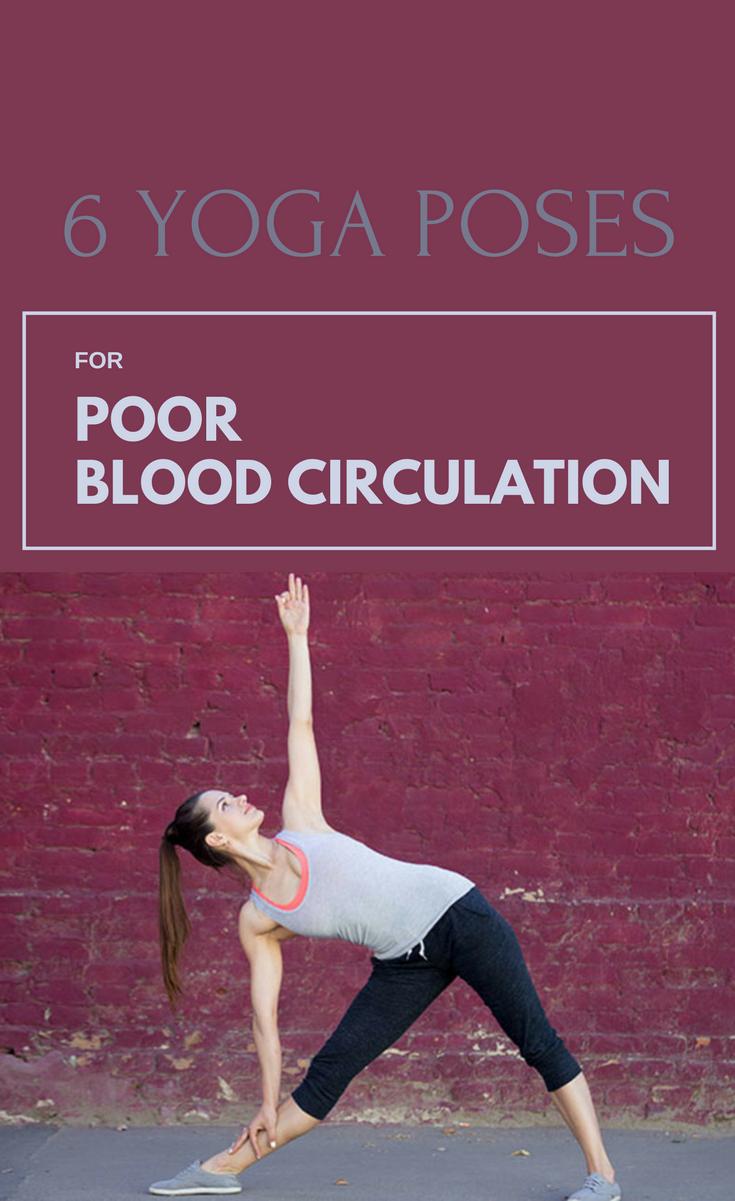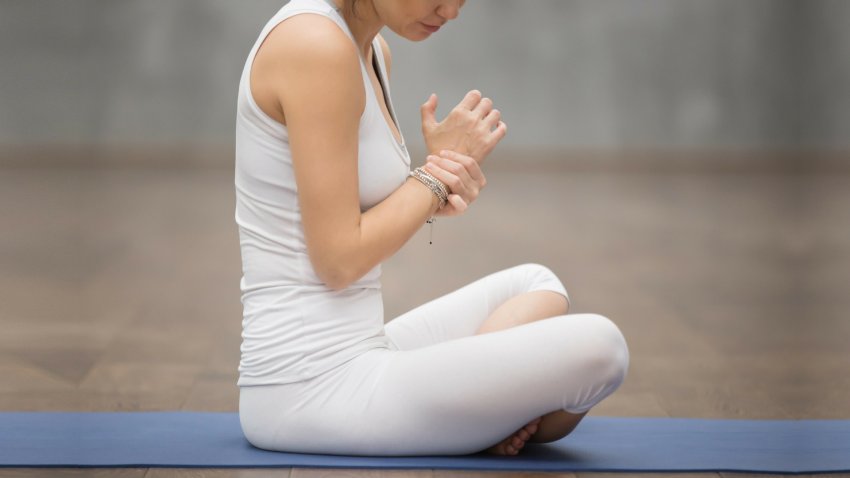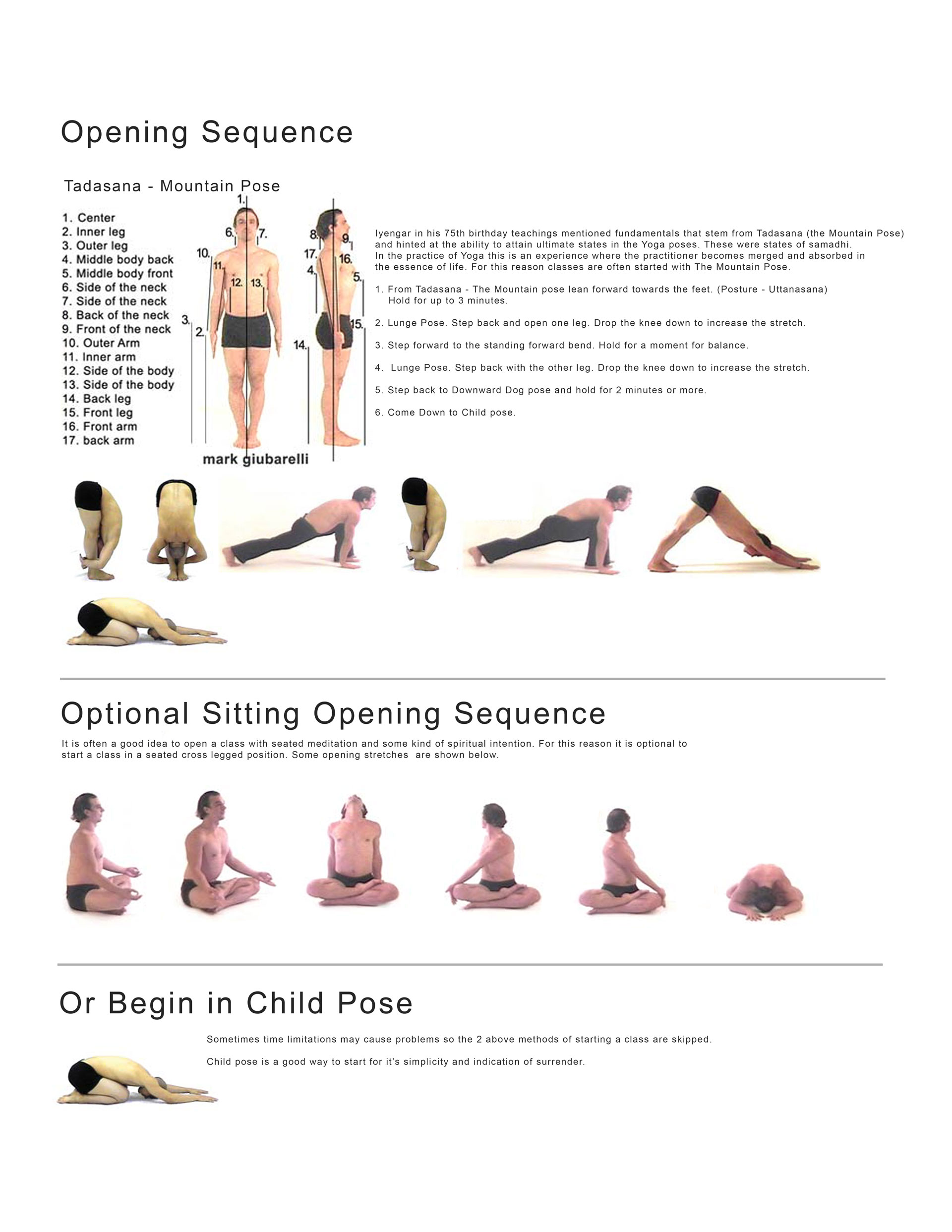
Vinyasa is known for its many health benefits. These poses are ideal for a range of physical ailments, such as better mental health, increased heart beat, strengthened spine, and improved flexibility. Here are some of the most common benefits of vinyasa yoga. Read on to discover more. Vinyasa will transform your day. Even if you don’t have enough time, yoga can still be beneficial. Vinyasa classes are available on YouTube and Instagram.
Improves mental well-being
Many people don’t know that yoga has numerous mental benefits. Research has shown that yoga can improve sleep quality and reduce agitation at night. Regular yoga practitioners feel more awake in the morning. Moreover, yoga increases melatonin levels, which regulate sleep and enhance mental health. This article outlines some of the major ways yoga benefits mental health. What can yoga do for your life?
During regular yoga practice, you will develop better mental focus. You will find that your focus on your breathing, and the transitions between vinyasa asanas, will help you in other areas. Your emotions will be easier to manage. You'll be more productive and efficient at work, for example, because you can focus on your work rather than your emotions.
Heart rate increase
Vinyasayoga's cardiovascular effects were examined. It raised heart rate from 68.8% - 71.7%, which is the average range for runners when they run. This indicates that Vinyasa yoga may increase heart rate. It can also improve aerobic fitness and health. Vinyasa may prove to be beneficial for those not interested in cardiovascular exercise and who are too busy to engage in other forms.

Vinyasa yoga has many benefits, including increased flexibility and strength, better circulation and a healthier heart. Yoga practitioners swear by its benefits, and this practice can be great for weight loss and general fitness. Vinyasa can help you relax as well as improve your mental condition. But what is Vinyasa yoga? Let's take a closer look. Vinyasa is great!
Enhances flexibility
Vinyasa Yoga is a dynamic and challenging workout that increases strength, flexibility, and tone muscles. It focuses on connecting breath with movement and transitions among poses. It's a form meditation in motion. The dynamic interaction between the participants and their breath creates tension that is released and exhaled during each movement. This has both an energizing as well as meditative effect. Vinyasa Flow instructors encourage their students to pay attention to their limits and physical strength as they do the poses. They can become more aware of their bodies and physical strength by focusing on these limits.
Yoga can help increase flexibility. Increased flexibility can lead to improved circulation, muscle recovery, and a decreased risk of stiffness after a workout. Stretched, stronger muscles are also less likely to be injured. Because they release tension and ease strain, yoga can improve posture. Yoga can help you achieve a better range of motion as well as a better posture. Follow these guidelines to enjoy the benefits and increased flexibility.
Strengthens the spine
Vinyasa poses a strengthening of the spine and core with fast-paced movements that are combined with muscle-strengthening exercises. It reduces stress and increases vitality. Vinyasa is a form of yoga that works the whole body and strengthens the core muscles. These benefits make vinyasa yoga a valuable fitness tool. You will be amazed at the results! You'll notice a significant reduction in pain and better mobility.
The plank pose is not a balancing pose, but it focuses on core strength. It is important to have a strong core for all yoga poses. This one builds both stability as well as stamina. The pose alternates spinal flexion and extension, which awakens the back and improves body awareness. Plank can be found in any vinyasa-yoga sequence.
Improves body appearance

Practicing yoga can help women develop a positive body image. A variety of yoga poses can improve body image, according to research. Yoga is known for its ability to improve physical fitness and a calming effect that can reduce stress levels. Furthermore, yoga improves body image in a number of ways, including through better posture and a decrease in eating disorders. Yoga can improve confidence and self-esteem for women.
Vinyasa poses increase strength and endurance. Yoga can also be beneficial for people suffering from depression and anxiety. According to the study, participants who practiced vinyasa yoga for six weeks reduced anxiety and increased their body's self-image. Yoga can also improve your body image and mental well-being. Vinyasa poses a challenging exercise routine that isn't suitable for everyone. Beginners should begin slow, but build up to more difficult levels.
FAQ
What is Positive Psychology & Why is It Important?
Positive psychology emphasizes what makes us feel good about ourselves. This includes happiness, optimism, gratitude and hope. Positive psychology's goal is to improve self-esteem, happiness, health, and wisdom.
There are two kinds of positive psychology: trait and process. Trait positiv psychology examines the way people naturally behave. How we can use certain strategies for achieving specific goals in process positive psychology
If I feel depressed, is there anything wrong?
Depression is a common problem among teens. However, it's important to realize that many teenagers struggle with depression.
This doesn’t mean you’re insane or weak. Many people are unaware that they are suffering from depression. Depression is a medical condition.
There are several kinds of depression. Some people feel only sadness, while some others experience other emotions. There are different levels of severity.
Some people experience mild depression, while others have severe cases. It is important to remember that not all depression is bad. Sometimes, depression can be helpful in coping with stressful situations.
If you are constantly feeling sad, tired, or demotivated, it's a good idea for you to visit a doctor. Your doctor can diagnose you and determine whether you need treatment.
What causes mental health problems in adolescents?
Adolescence is when we develop our identities. We begin to figure out who we are as individuals and where we fit into society.
We also make new friends and develop romantic relationships during this time. These experiences can cause stress.
Stress is normal. But if stress becomes more severe than usual, you should seek medical help.
Although you may think you can handle it all on your own sometimes you need someone to talk to.
Your friends and family members can provide support during times of stress. They can also help you learn ways to deal with stress.
For example, you could take up exercise or meditation. Both can help with stress reduction.
You can also join a group like a church, sports team or church. You will meet new people and make new friendships.
What is the impact of mental health on our daily lives?
Everybody experiences mental illness at some time in their lives. The difference between individuals with mental illness or others is the fact they don’t seek treatment. If you feel like something is wrong, talk to someone about it. There are many options for dealing with anxiety, depression, stress, such as medication, therapy, exercise, diet and meditation.
Why is it important that students have a healthy mind?
Students need to feel good about their mental health in order to be able focus on school and succeed academically. Without feeling like yourself, you will not be able perform well at school. Students suffering from depression are more likely to miss class, which can lead them to get poor grades. This could result in students dropping out high school and possibly even college.
If you're struggling with depression, you should speak to your parents or teachers. They'll be able to help you get the care you need.
It is important to understand that not everyone with depression needs medication. Talk therapy is effective for many people. If you are interested in getting help, you should see a counselor.
What does a psychologist say about mental health?
Psychologists believe that mental health is an essential part of human development. Psychologists also believe mental health is about more than having no mental illnesses. It's also about being mentally fit.
Mental health can be viewed from different perspectives by psychologists. Some psychologists argue that mental well-being is not important, as there are many people without mental illnesses. Other psychologists believe that mental health is extremely important because, without it, we cannot function properly.
Statistics
- More than 40 million adults in the United States have an anxiety disorder, but less than 37% of people seek mental health treatment for their symptoms. (talkspace.com)
- It does have some influence, but not nearly as much as we might think, so focusing less on attaining wealth will likely make you happier (Aknin, Norton, & Dunn, 2009); (positivepsychology.com)
- According to the National Alliance of Mental Illness (NAMI), one in five Americans experiences mental health issues which translates to more than 40 million adults a year. (doctorondemand.com)
- Appropriate nutrition and exercise are likely among the most efficacious and cost-effective positive mental health interventions. (ncbi.nlm.nih.gov)
- Neuropsychiatric diseases are the leading cause of death and disability in the U.S., accounting for 18.7 percent of all years of potential lifespan loss and premature mortality.
External Links
How To
Why Is Mental Health Essential, And What Steps Can You Make To Improve It
Mental health is the condition of your mind and emotional well being. It affects your mood, behavior, thoughts, actions, relationships, sleep, eat and work.
Everyone needs to know about mental health. But when we talk about mental health, we often mean depression. Depression is a serious illness that affects millions each year.
Because it requires medical intervention, depression is sometimes called clinical depression. However, there are many types of depression, including milder forms that do not require medical intervention.
The National Institute of Mental Health (NIMH) defines depression as "a common mood disorder characterized by a depressed mood most of the day nearly every day, loss of interest or pleasure in almost all activities, feelings of guilt or low self-worth, disturbed sleep or appetite, poor concentration, and thoughts of death or suicide."
Many people can experience depression in many different ways. Some may feel sad, hopeless, irritable, anxious, guilty, worthless, tired, unmotivated, and unable to concentrate. Others may easily feel numb, empty, restless, agitated, angry, fearful, and/or cry. Still, others may feel nothing at all.
Depression can be treated. Depression can be treated with medication, psychotherapy, exercise and diet modifications. Depression can lead to problems at home, school and work if it is not treated.
While depression is more common among women than in men, it is also more common in boys and men. Depression is the leading cause worldwide of disability among men and woman aged 15 to 44.